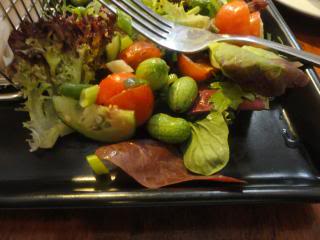When connection is less good, parents sometimes see their children as needy, demanding or unreasonable, and focus on dealing with practicalities rather than on the child and her needs.
—Debbie Regan
(but the quote is from an Always Learning post here)
photo by Colleen Prieto







